Rodents: Rat & Mice Control Services
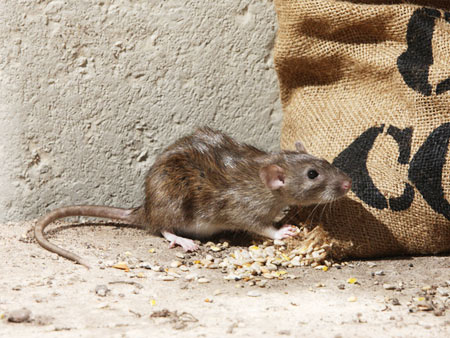
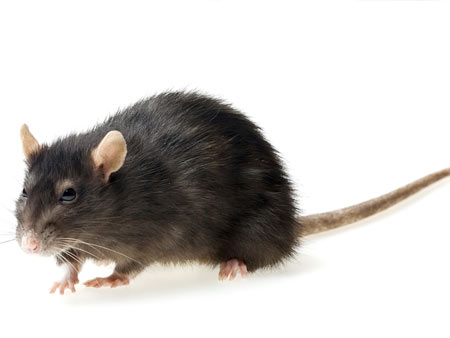
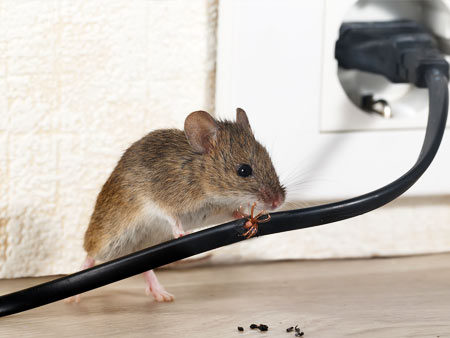
Rodent Control and Eradication Experts
The professionals at Suffolk Pest Control have decades of experience ridding homes and businesses of rates, mice, and other rodents. We are one of the top rodent exterminators in the South Hampton Roads region. Rodents, such as house mice, roof rats, and Norway rats can move in and multiply quickly. There are steps you can take to eliminate these rodent pests before they establish a foothold.
However, failure to take fast action to stop a rodent infestation can result in a very big problem, with rats and mice destroying or damaging your home and belongings. Call us today to discuss rodent control treatments.
Our Service Area
Suffolk Pest Control rodent prevention and removal services to the following Southeast Virginia communities: Surry, Elberon, Isle of Wight, Newsoms, Carrollton, Courtland, Dendron, Rescue, Sedley, Ivor, Franklin, Capron, Wakefield, Boykins, and surrounding areas.
Rodent Treatment Guarantee
Once rats and mice are gone, you want them to stay gone. Suffolk Pest Control offers a one time baiting treatment. If your infestation reoccurs due to location or surrounding infestations, you may want to consider monthly or quarterly baiting until you see improvements.
Online After Business Hours?
Suffolk Pest Control is open Mon-Fri 9AM to 5PM. Call 757-934-2223 If you think you may have a mouse, rat, or other pest problem. If you're browsing this page after hours, complete the form below to have a customer representative contact you the next business day.
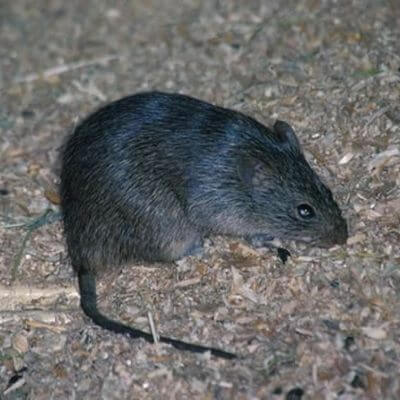
Rats, Mice, and Other Rodents
Let's face it... rats and mice are filthy, and they can be very destructive and spread disease. Just the thought of seeing a rat or mouse scurrying across your kitchen floor is enough to send shivers up and down your spine. This is a natural reaction, and it's because you instinctively know how disgusting these invasive rodent pests can be.
Did you know that the word rodent literally means "to gnaw?" That's a perfect way to describe how these dirty rodents do so much damage to the contents of your home or business. They gnaw to eat, and they gnaw to break down materials to build nests. Rats have even been known to gnaw through electrical wires, window screens, and other metal materials.
Rats and mice are not only common, they're formidable. They crawl through the tiniest of crevices and openings to gain access. Their skeletal system can collapse to 1/4-inch allowing them to enter under most doors. Rats and mice crawl through the sewer system and then invade your home or office. They carry diseases and contaminate everything they touch.
Can you see now why it's so important to control and eradicate rodents the moment you become aware of their presence, and take every possible precaution to prevent them in the first place?
Let's take a closer look at the primary types of rodents that commonly infest Virginia properties.
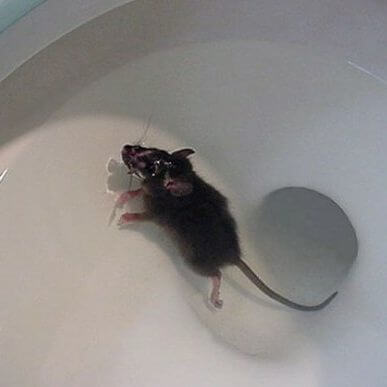
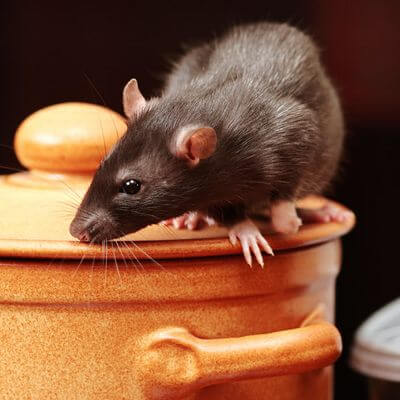
Rodent Control and Prevention
The best way to control rodents is to prevent them from gaining entry to your home or business in the first place. Seal up or fill all gaps, cracks, holes, and crevices larger than a shirt button. Don't use wood or any other material mice and rats can gnaw through. SPC recommends using steel wool to fill gaps and holes. Steel wool also works to prevent the entry of spiders, snakes, water bugs and other insects and small animals.
Don't overlook the upper levels of your home, especially where utility wires or tree limbs touch or come close. Gaps there can admit roof rats.
Keep things clean! Rats and mice love garbage, food scraps, and the like, so wash up. Don't leave unwashed dishes or utensils, wipe down counters, store food in hard sided containers with tight-fitting lids. Don't extend any kind of dinner invitation to these opportunistic pests.
Clean up any outdoor garbage or trash piles. Keep your trash in containers with tight lids, and make sure they are emptied regularly. Pay particular attention to compost piles and rubbish heaps... keep them contained, controlled, and well-turned.
Clean up bird seed and pet food spills. Rats and mice are attracted to these easy food sources.
Once you have rats or mice, the time for prevention is past. Call the professionals at Suffolk Pest Control at 757-934-2223 today!
Species of Rats in the US: Norway Rats and Roof Rats
There are two primary types - or species - of rat found in the continental United States, and specifically in coastal Virginia - Norway rats and roof rats. You may not actually ever see a rat in or around your property, but there are some tell-tale signs to look for.
The Norway rat, also known as the sewer rat or brown rat, is easily identified by it's brownish-gray, stocky body. Norway rats have tails that are shorter than their bodies, with smallish ears and eyes. Overall, the Norway rat is larger than other types of rats.
Norway rats are known to dig in gardens and along fences and walls, underneath home foundations, and in or around piles of wood and trash. They prefer to live in basements and lower floors of buildings.
Roof rats (or black rats), on the other hand, are excellent climbers and scurry along telephone wires and parapets to reach their above ground nesting sites. They love attics and upper floors, as well as ceilings and higher portions of walls. A tree growing close to your attic or upstairs windows can be an easy way for roof rats to gain entrance to your property.
Mice: The House Mouse
The House Mouse. It almost sounds cute and cuddly, like a Disney story, doesn't it? That is until one runs over your foot in the middle of the night, or climbs up your curtains like a circus acrobat. Then, not so much.
House mice are small mammals, so-named because they are commonly found in close proximity to people in their homes. They often build their nests in dark areas, away from the elements and close to easily obtainable food and water. They often build these nests by tearing apart whatever is at hand... newspapers, plastic sheeting, or your favorite winter jacket. Yes, house mice are VERY destructive.
On top of that, house mice carry and spread disease. Mouse droppings and urine contribute to food contamination, leading to diseases such as food poisoning, diarrhea, and lymphocytic choriomeningitis.
You will often see more of these tiny rodent pests when outside temperatures start to drop, or when other inclement weather conditions force them to seek shelter from the elements. They are attracted by warmth, and also by the smell of food, and house mice can gain entry to buildings through the tiniest of openings, using utility wires, pipes, and the spacing underneath doors.
